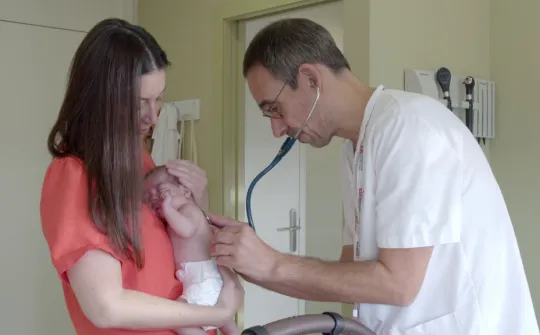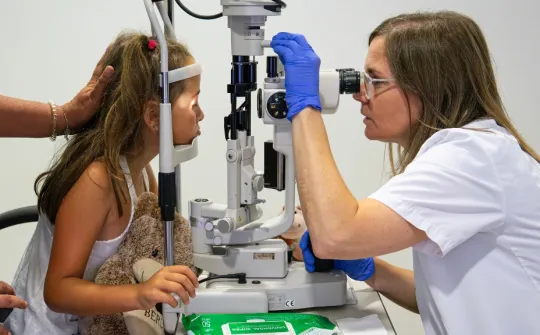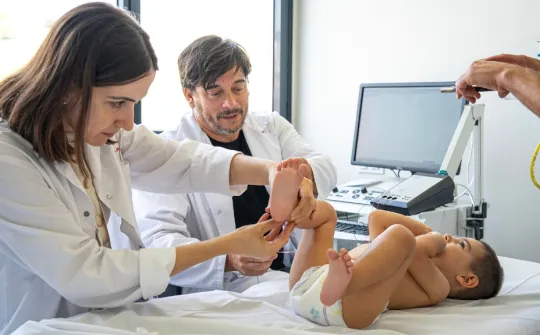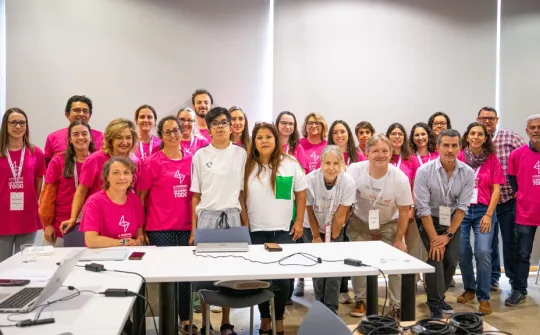The pioneering Acompanya'm model promotes the return home of young people with serious mental disorders
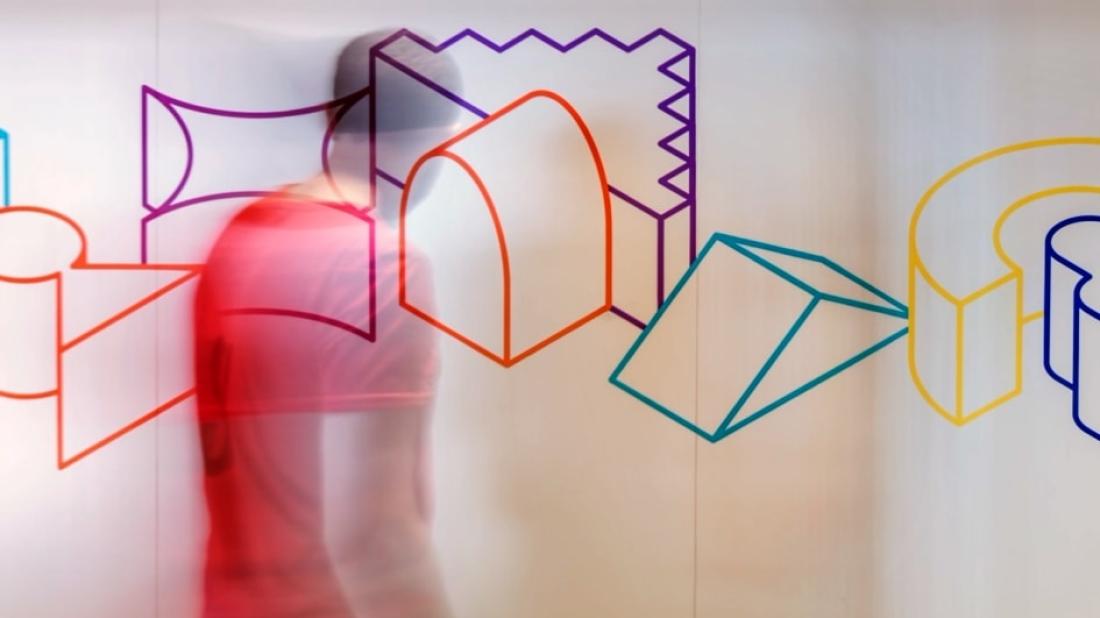
84% of the patients had been under the guardianship of the Government of Catalonia and lived in juvenile centres before entering the SJD Barcelona Children's Hospital.
Half of the young people and children who entered Acompanya'm have already been discharged, and a significant number have been able to return home with their family. At the time of admission, the majority were under the guardianship of the Generalitat de Catalunya (goverment of Catalonia) and lived outside their family environment, in centres of the genral directorate for children and adolescents (Direcció General d’Atenció a la Infància i a l’Adolescència, DGAIA).
Acompanya'm, which was created in Catalonia in 2018, is the first educational and residential therapeutic unit for children and young people with serious mental health disorders in Spain.
During its first year in operation, Acompanya'm has welcomed 39 adolescents and young people between the ages of 13 and 17 with serious or persistent mental disorders over time which had such an impact on their relations with the social and family environment that 84% (33 of 39) had been under the guardianship of the Generalitat de Catalunya and lived in protection centres. Only ten were still living with their family and four were temporarily waiting to enter a centre of the Generalitat.
One year after its launch, half of the young people who entered, a total of 19, have already been discharged and of them, seven (36%) have returned to live with their families. Of these, five were previously residing in residential centres of the child protection system.
The goal is to empower the person as much as possible, avoiding the stigma associated with the mental disorder
The Acompanya'm unit applies a model in the care of children and young people who suffer from a serious mental disorder that is a pioneer in the State.
The unit's care model from the clinical perspective organises the whole social, educational, training and family environment of the child, that is, a comprehensive care that prioritises the needs of the child or adolescent in their own natural cohabiting environment.
This approach prevents the fragmentation of the different devices involved in the development of these young people with a mental disorderwith high clinical complexity. It offers them intensive individual and family therapies, but also it intervenes in school, together with teachers, at home with the primary caregivers, and in the social environment with maximum participation in recreational or training activities, or those of future labour insertion in the community.
It is about creating true citizens, avoiding the stigma associated with mental disorder and empowering the person to the fullest.
Acompanya'm is located in an area of the monastery of Santa Maria de Valldonzella in Barcelona, on an area of 1,265 square meters that has been completely remodeled. The centre is structured in five apartments or living units with a capacity for 5 or 6 young people each.
A team of 45 professionals -psychiatrists, social workers, psychologists, educators, nurses and nursing assistants, teachers and occupational therapists- attends to these young people and carries out intensive treatment and intervention so that they can reintegrate into their environment.
In a first phase, the treatment is carried out in the unit with the young people living and studying in the center, but they gradually return to their social environment, they start going to school and visit their family until they are discharged.
It is a model that includes psychological therapies and interventions which are individualised and adapted to the needs of each young person, and which are based on a positive discipline and affectivity model to promote resilience.
